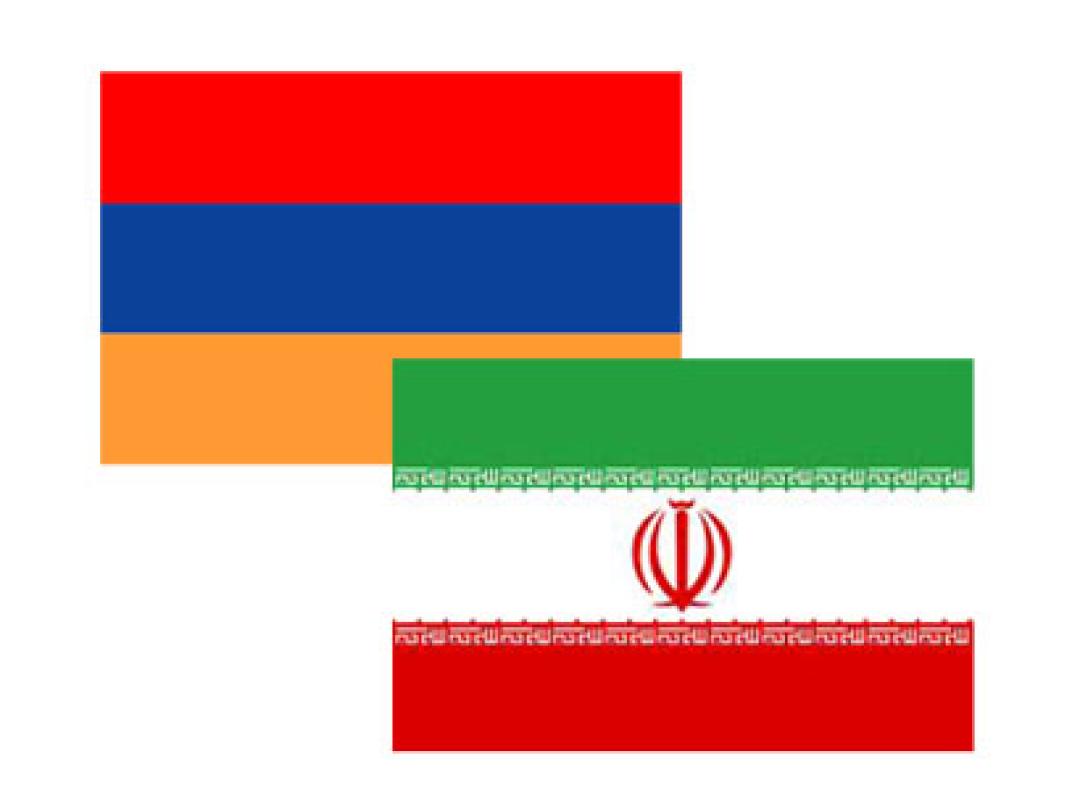
Is Armenian-Iranian trade affected by Azerbaijan?

Commenting on the situation of the Azerbaijani police checkpoint on a section of the Goris-Kapan highway in Armenia's Syunik Region, Economy Minister Vahan Kerobyan said that the government is "very concerned" about this situation and believes that it is "very damaging" to Armenia's economy, trade, and tourism. He called for a consistent and sober-minded solution to the problem, but also urged not to dramatise the situation, noting that the Defence Ministry, the National Security Service, and the Foreign Ministry were working to resolve the situation as soon as possible.
Meanwhile, the Armenian service of RFE/RL says that Kerobyan dismissed concerns that the checkpoint could negatively affect Armenia's trade with Iran.
"I know the composition of trade with Iran very well and do not think that there is a big problem. Of course, there has emerged an obstacle, but I am confident that this obstacle will be overcome in the very near future," Kerobyan said. The minister also pointed to the ongoing reconstruction of an alternative Syunik road bypassing the Armenian-Azerbaijani border zone.
Prime Minister Nikol Pashinyan has announced during the recent Q&A session in parliament that the Azerbaijani servicemen, be it customs or border guards, can stop the vehicles coming from Iran, take "customs fees," check the cargo, and arrest the drivers.
If such actions by Azerbaijan become regular, Iranian companies will refrain from sending and receiving cargoes via this road. And the alternative roads are difficult, if not impossible for heavy trucks to pass. Of course, an alternative road must be constructed, but specialists say that it will take three years, if the construction starts now, and dozens of millions of dollars. It is unclear how cargo transportations will occur with Iran during these three or more years, the editorial of Aravot Journal says.
In addition to the demarcation and delimitation agenda, there is a need to start negotiations between Armenia, Azerbaijan, Russia, and Iran to ensure unobstructed movement of Armenian and Iranian vehicles on that highway. The demarcation and delimitation works must also be carried out later, but it is a long process that will take years and the sides seem to be far from even starting this process, writes the editorial staff of Aravot Journal.
However, from a long-term perspective, the current highway still presents dangers, and some alternative routes will be used. This can also have a negative effect from the economic point of view. If Armenian communities are cut off from the main highway, this will, of course, have a negative effect on economic activities. Taking this into account, the Economy Ministry, probably with European colleagues, should develop special programmes for these communities, the Aravot staff editorial says, noting that the situation is difficult.
See Also


Armenia Records 5.9% GDP Growth in 2024, Missing 7% Goal

Yerevan Balances Strategic Ties with Both US and Russia, Says Foreign Minister

FM Mirzoyan: Peace Deal with Azerbaijan Is Within Reach

Pashinyan and Erdogan Hold Call, Reaffirm Commitment to Ongoing Dialogue

